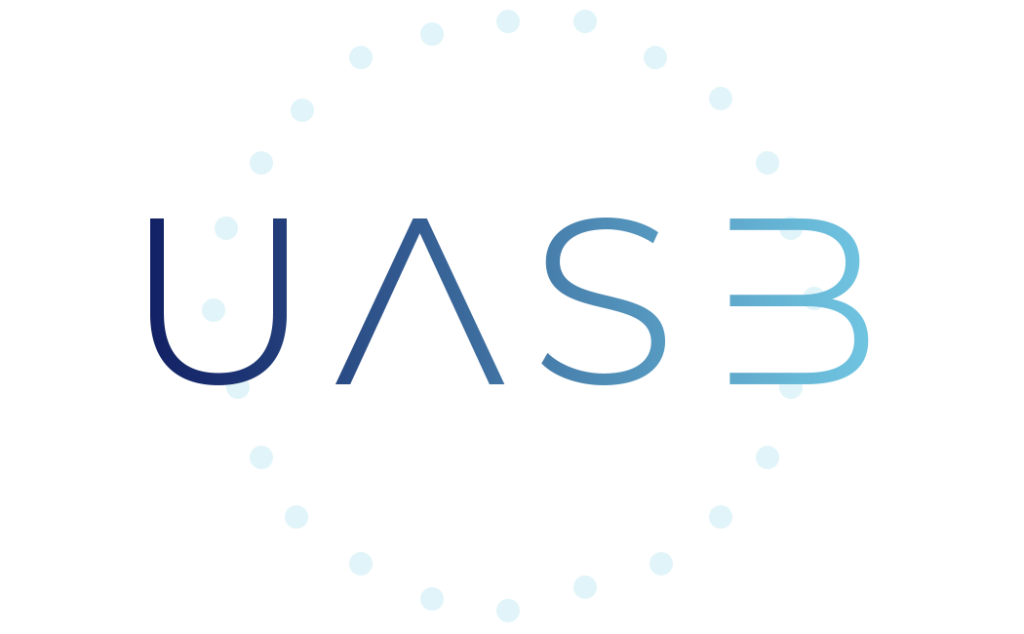Accreditation for
Halal Certification Bodies
Halal Accreditation refers to the Process of Certifying that a Product, Service or Facility meets the Islamic Dietary requirements as prescribed by Islamic Law, known as Shariah.

Local/International Shariah Compliant
HALAL Certification Bodies
Halal accreditation services ensure that products, services, or facilities meet the Islamic dietary requirements as prescribed by Islamic law, known as Shariah. These requirements cover various aspects of a product or service, including source, handling, and preparation of food, as well as cosmetics and pharmaceuticals.
Halal certification is typically performed by third-party organizations known as halal certification bodies. These bodies inspect and assess the facility, ingredients, and production process of a product or service according to Islamic law. They also conduct ongoing monitoring and auditing.
Halal certification is crucial for Muslim consumers who want to ensure that the products and services they use adhere to their religious beliefs. It is also beneficial for businesses that want to appeal to the Muslim market and expand their customer base.
There are numerous halal certification bodies worldwide, each with varying levels of recognition and accreditation. Some well-known halal certification bodies include the Islamic Food and Nutrition Council of America (IFANCA), Halal Certification Services (HCS) in Australia and Canada. The United Accreditation Services Board (UASB) offers accreditation to halal bodies globally, ensuring that they comply with industry standards and meet the needs of Muslim consumers.
The Accreditation Scheme for Inspection Bodies legitimizes the dependability and trustworthiness of an inspection body’s services. Effective inspection is crucial for maintaining the security of plant machinery, equipment, structures, and operational systems.
UASB
Accreditation for Halal Certification Bodies
- Demonstrates Compliance with Halal standards.
- Determines whether Halal certification schemes meet industrial or international standards.
- Assists organizations in maintaining the credibility and validity of Halal certification.
- Enhances trust and assurance among muslim consumers.
Regulators and marketplaces acknowledge and accept accreditation.
